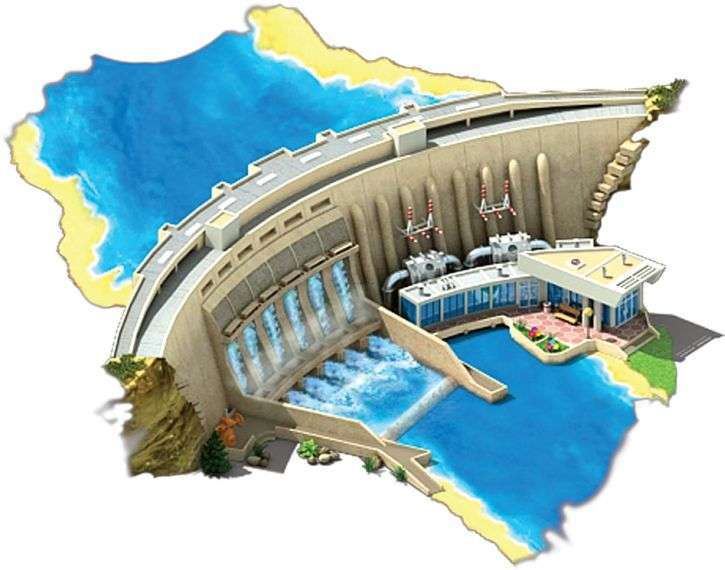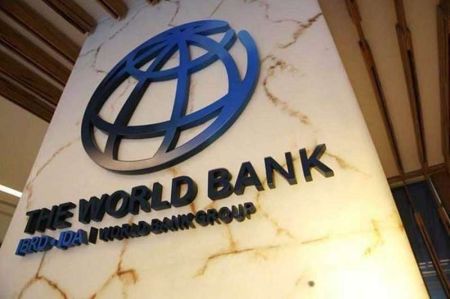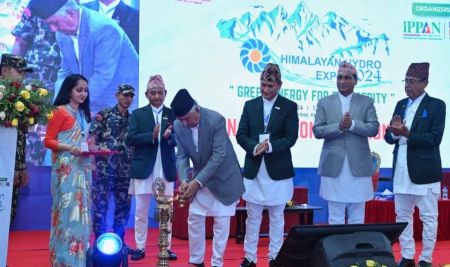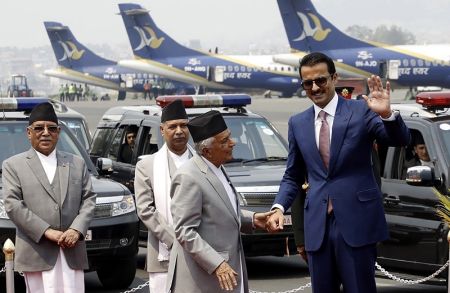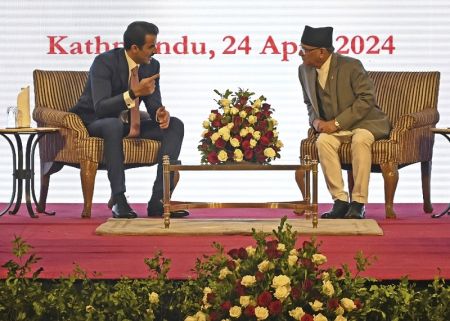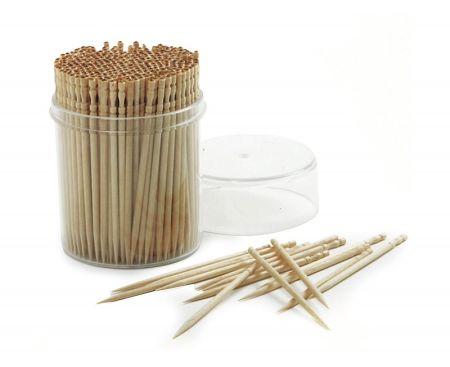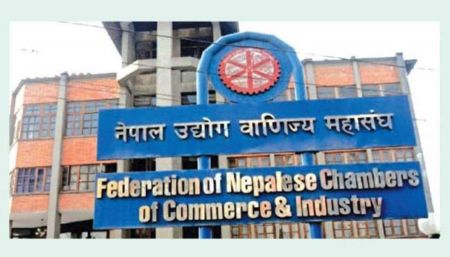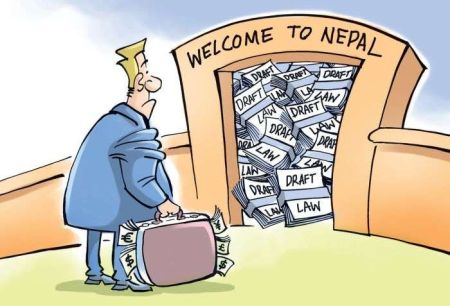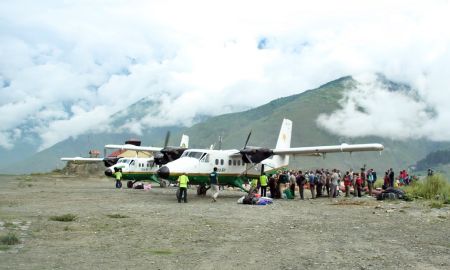February 2: India’s SJVN Limited, which has been selected for the project framework development of the 679-megawatt Lower Arun Hydropower Project, will be taking away 79 percent of electricity generated by the project to India.
The Indian company will be exporting 536.41 megawatts of electricity to India once the project starts generating electricity. Nepal will be getting 21 percent of electricity (146.37 megawatts) generated by the project free of cost. The company had included such clauses while submitting proposal for the project.
Following the selection of SJVN Limited, the total number of hydropower projects developed for exporting electricity from Nepal has now reached three. Other such projects include 900-megawatt Arun III Hydropower Project, which is also being developed by SJVN Limited, and 900-megawatt Upper Karnali Hydropower Project which is undertaken by India’s GMR Company. Both of these companies will be exporting electricity to India after providing a certain amount of electricity free of cost to Nepal.
Nepal will receive 21.88 percent electricity from the Lower Arun III and 12 percent electricity from Upper Karnali.
The Investment Board Nepal had last week selected SJVN Limited for the framework development of Lower Arun Hydropower Project.
SJVN Limited’s competitor from China had proposed providing 25 percent free electricity to Nepal. However, SJVN scored more points in overall criteria set by the government and therefore the project was handed over to the Indian company, the board informed New Business Age. A high-ranking source at the Ministry of Energy said on condition of anonymity that SJVN Limited scored three points more than the Chinese company.
“We didn’t evaluate the proposals only on the basis of free electricity offer. SJNV scored more points while evaluating all the criteria set by the government,” said the source, adding that the Chinese company scored 80 points while the Indian company scored 83 points.
The company’s proposal has already been approved by the Government of Nepal after it was selected for project framework development. However, there are possibilities of amending the proposal of the Indian company while signing the project development agreement (PDA).
Firstly, the board will sign an agreement with the company for project framework development. Then the board will give survey license and then the permission for construction of the project, which will be followed by PDA between the company and the government.
IBN Spokesperson Dharmendra Kumar Mishra said that the two sides can negotiate on the proposal made by the company before signing the PDA.
“Both sides will hold discussions on the proposal made by the company before signing the PDA. The proposal can be amended in this process,” said Mishra.
The framework for the project will be developed as Build, Own, Operate and Transfer (BOOT) model under the public-private partnership framework.


